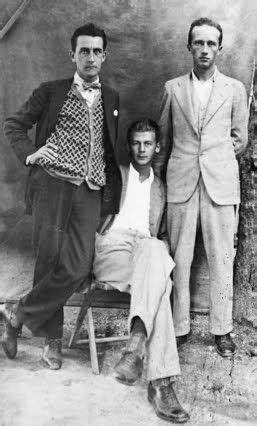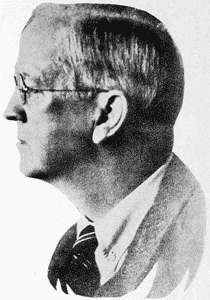A Quote by George Bernard Shaw
The man who writes about himself and his own time is the only man who writes about all people and about all time.
Related Quotes
I mean, her father was an alcoholic, and her mother was the suffering wife of a man who she could never predict what he would do, where he would be, who he would be. And it's sort of interesting because Eleanor Roosevelt never writes about her mother's agony. She only writes about her father's agony. But her whole life is dedicated to making it better for people in the kind of need and pain and anguish that her mother was in.
The man who is meek is not even sensitive about himself. He is not always watching himself and his own interests. He is not always on the defensive… To be truly meek means we no longer protect ourselves, because we see there is nothing worth defending… The man who is truly meek never pities himself, he is never sorry for himself. He never talks to himself and says, “You are having a hard time, how unkind these people are not to understand you.
Intelligent, heartfelt stories that tell a whole new set of truths about growing up American. Julie Orringer writes with virtuosity and depth about the fears, cruelties, and humiliations of childhood, but then does that rarest, and more difficult, thing: writes equally beautifully about the moments of victory and transcendence.
I think 'The Musketeers' is probably the Dumas novel people are most familiar with, or if not that, it's 'The Count Of Monte Cristo'. I've always been a big fan of Dumas because, on the one hand, he writes a lot about revenge, but he also writes about the cost of it to the revenger - I'd always had an interest in that.






































